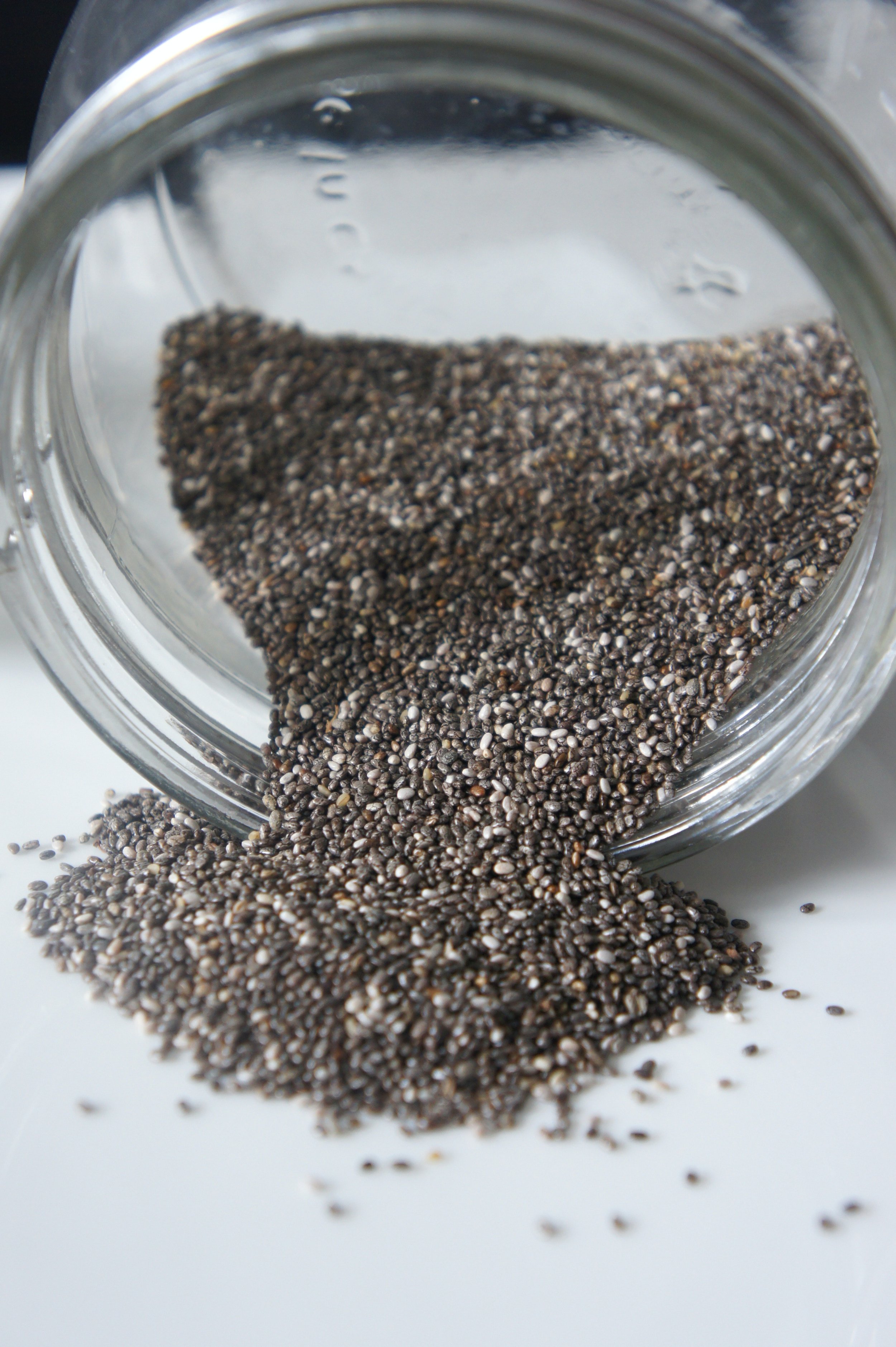Vegan Nutrition- Plants High In Protein
Are you getting enough protein on a vegan diet?
This may not be as challenging as many people think. There are plenty of plants that can offer you the essential amino acids required to stay healthy.
A point that’s often overlooked with any diet, if you're consuming adequate protein rich foods and still feel you're not getting enough you may want to look at addressing your digestive function. A healthy gut is essential to ensure you’re breaking down and utilising the food you’re eating.
And with that none of the information here is prescriptive, requirements change with age and demands so please seek professional personalised advise.
The top plant based foods for protein…
Tofu, tempeh and edamame
These are soy based foods and they are some of the richest in protein.
You can gain approximately 10 grams of protein from a half cup of firm tofu.
Its very easy to cook with and is widely used in asian cuisine. Please ensure you're getting a good quality non- GMO soy product and limit your serves to 1 or 2 daily.
Many processed vegan foods posing as meats like vegan hamburgers and sausages are made using soy and so having some awareness here is key. I would recommend as with any other diet that you stay away from highly processed products.
Lentils
Lentils of any colour but particularly the red or green variety are ideal for increasing protein.
They also provide fiber and potassium. If you find it challenging to digest lentils, with bloating and gas being an issue soak them in some water for a couple of hours before cooking them.
Just half a cup of lentils can provide up to 9 grams of protein.
Chickpeas
Offering a similar amount of protein to lentils this plant based food is a very easy addition to a vegan diet. If you are making your own chickpeas from scratch soaking them over night is a great idea to make them a little easier to digest.
Quinoa
Many people shy away from this grain but don't fear what you don’t know.
It’s so easy to cook and you can include it in salads, soups, stews, and use it as a rice replacement in many dishes.
Once cooked it provides approximately 8 grams of protein per cup. Apart from being so versatile it's also high in many essential minerals like iron, and manganese.
Chia seeds
Rich in omega 3 fatty acids so you're getting the double benefit here of the protein and good fats. Easily added to smoothies, yoghurt, porridge or try making a chia pudding as a snack or for your evening dessert.
This is a great staple for vegans and vegetarians.
Hemp seeds
While a little on the pricey side these super seeds are a complete protein which is rare to find in plants. They contain all of the amino acids that constitute a complete protein.
Also why they’re commonly used in vegan based protein powders.
A tablespoon added to a salad or stew can give you up to 5 grams of protein. A small amount goes a long way. Making it worth the money spent.
Almonds
A great nut to use in your daily diet and many people are unaware of its protein content.
While you want to limit your daily intake to a handful it will give you the good omega fats along with some protein.
A final note on plant based protein
Various vegetables also contain protein. Although in small amounts if you're consuming a diet high in good veggies you'll be getting your protein fix there also.
I couldn't close this post without mentioning the beans and rice combo, the staple for many cultures who don’t consume large amounts of animal protein, like the Brazilians and Mexicans. This age old food combination will offer you a good amount of protein. You can add a heap of different flavour combinations here also. However we now know that it’s not essential to do these protein combinations at every meal.
Variety across the board is key for so many reasons including getting the right amount of protein, so try changing things up daily.
If you want to check your current nutritional status as a vegan or vegetarian looking at your protein intake and beyond book a one to one session below.








